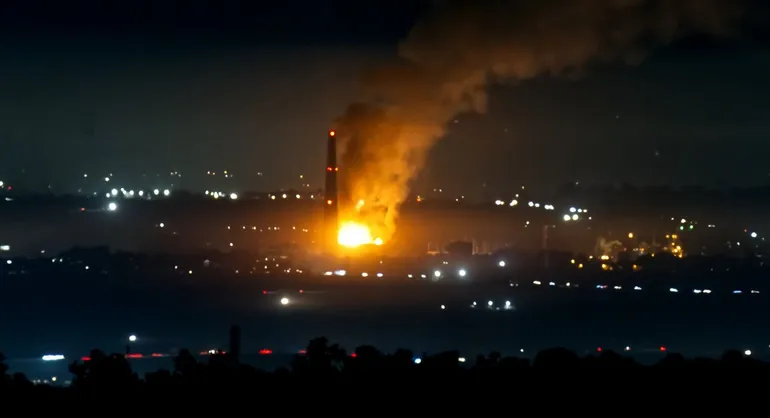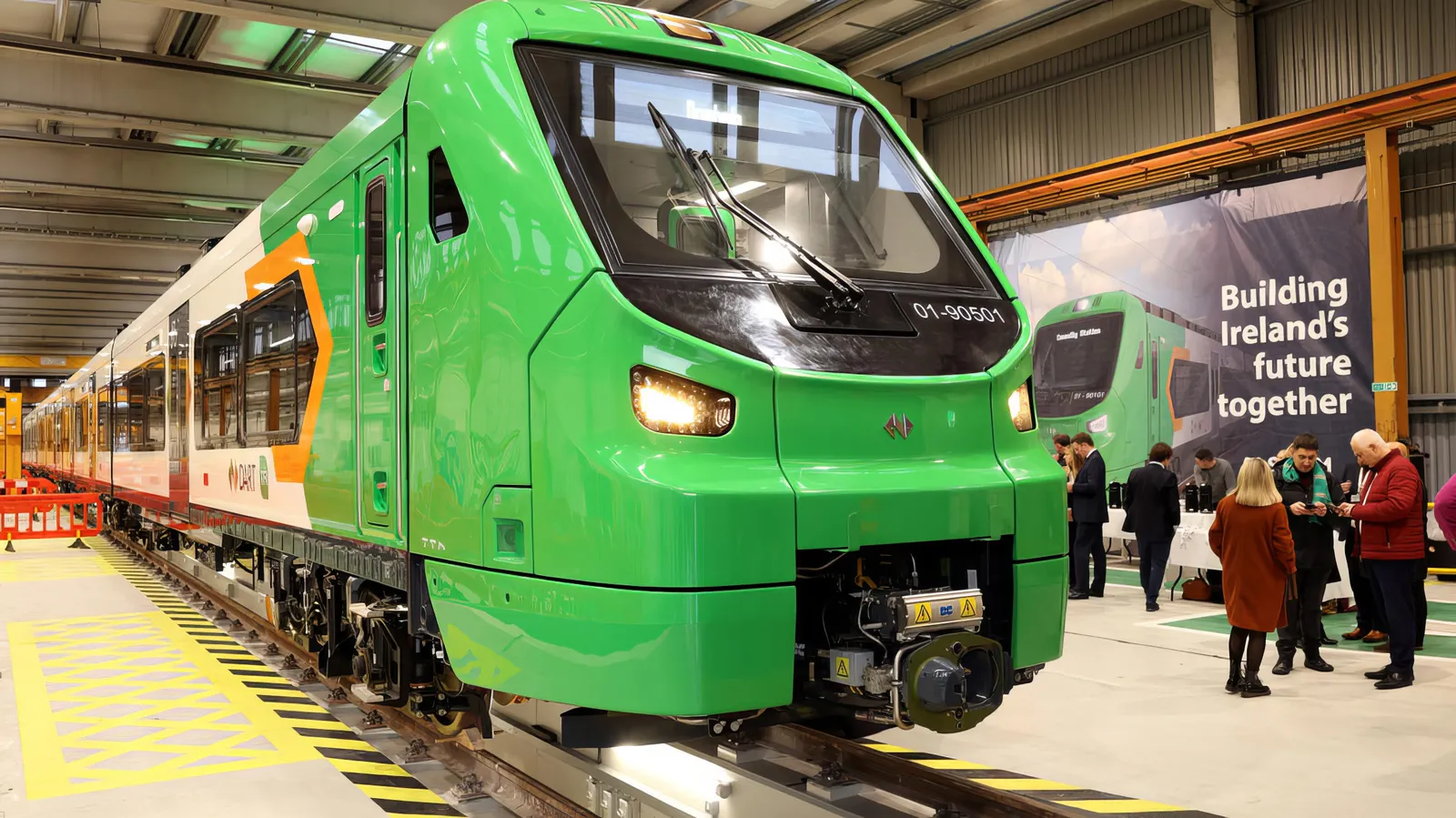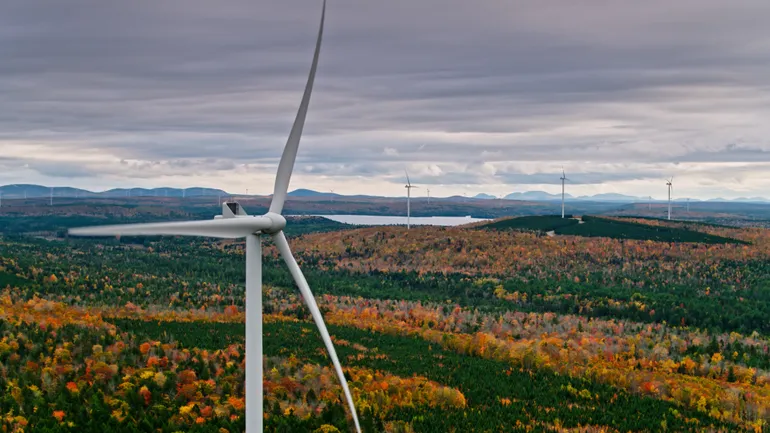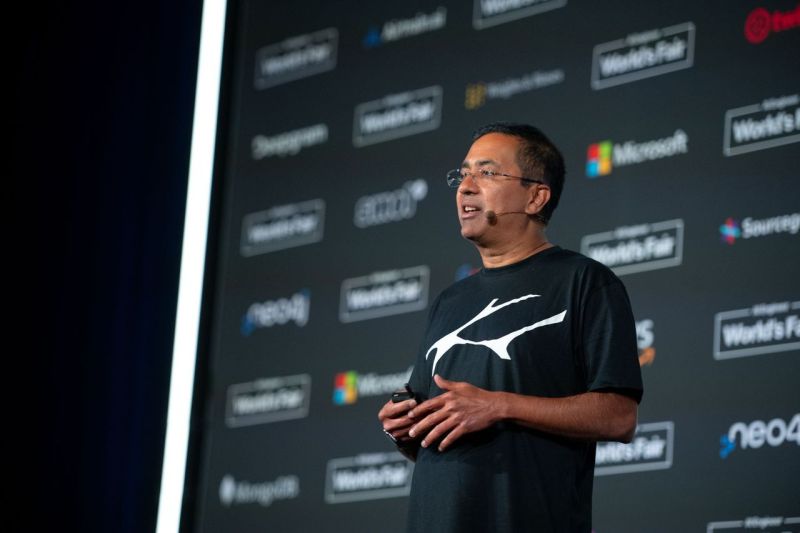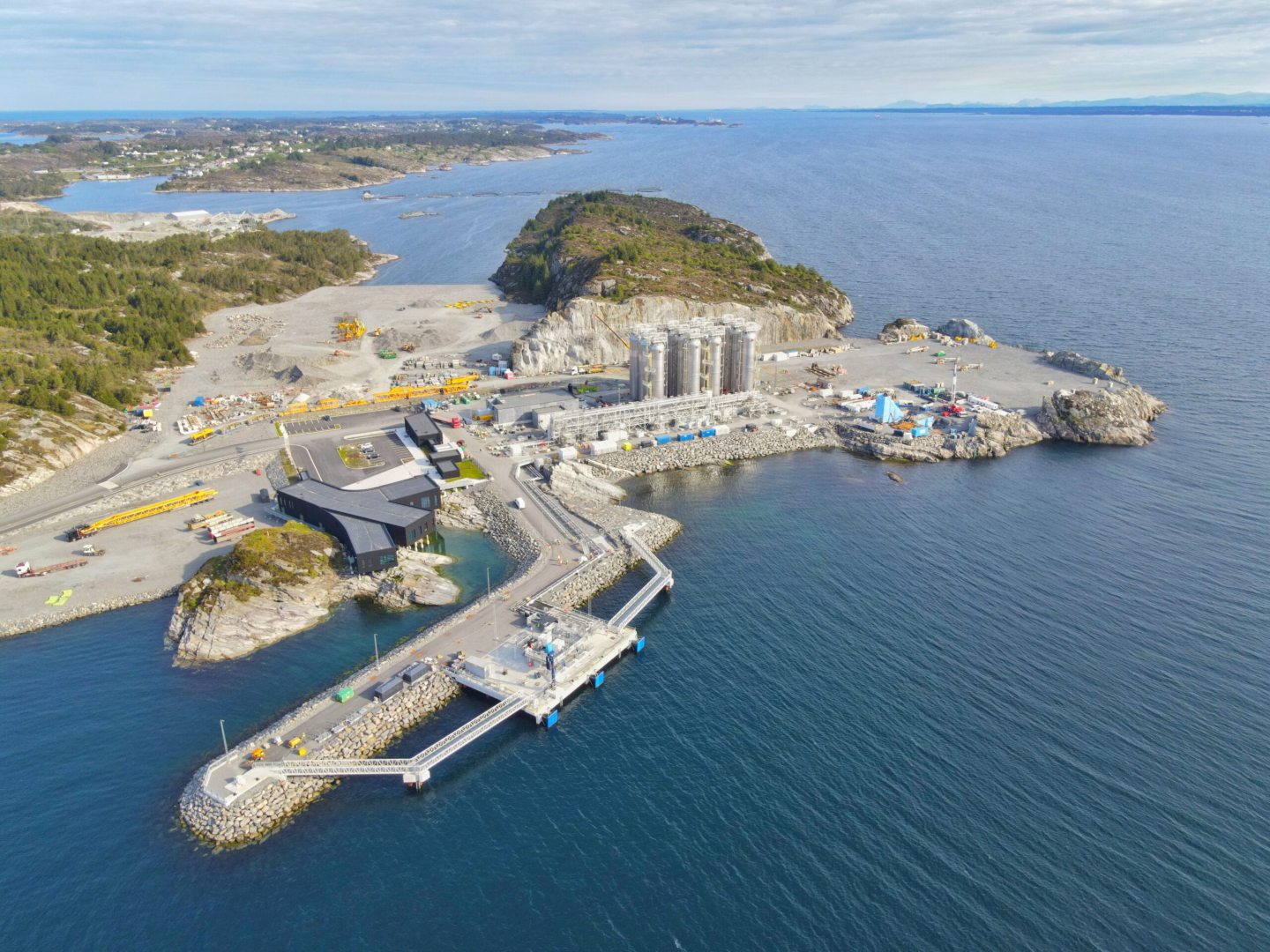
The developers of Norway’s Northern Lights carbon transport and storage project have taken a final investment decision (FID) on phase two of the development.
Shell, alongside its joint venture partners Equinor and TotalEnergies, aim to more than triple Northern Lights’ annual CO2 injection capacity to at least 5 million tonnes per year.
This is comparable to more than 10% of the annual CO2 equivalent emissions in Norway.
Based in Øygarden, Norway, Northern Lights will transport CO2 from industrial plants across Europe for storage 8,500 feet (2,600m) beneath the seabed in the Norwegian North Sea. It is part of the state-funded “Longship project”.
With construction concluded late last year, the first customer injection of CO2 is expected this year from Heidelberg Materials’ cement factory in Brevik.
Stockholm Exergi have booked a large volume of the added available capacity in phase two.
The second phase represents an investment of $700m (£540m) from the project’s developers. This also includes the award of €131m (£109m) from the Connecting Europe Facility (CEF) funding scheme.
Norske Shell managing director Marianne Olsnes said: “The expanded storage capacity of the Northern Lights site provides an attractive offering for European industrial emitters who might otherwise struggle to decarbonise.
“Norway possesses a vast amount of CO2 storage capacity and has a highly skilled industry workforce with capability and capacity to build and operate CO2 transport and storage at scale.”
In addition to Northern Lights, Shell is a partner in Scotland’s Acorn carbon capture and storage (CCS) project, alongside Storegga, Harbour Energy and North Sea Midstream Partners (NSMP).
The developers have warned that the project is at risk due to delays in government support, following Rachel Reeves neglect of the energy industry in her recent Spring Statement.
The Acorn project’s backers have called for the government to give firm support to the so-called Track 2 projects, of which Acorn is one, to provide certainty over the development’s future.
Reeves said that energy projects will have to wait until June, when a spending review is expected.
Centred on the St Fergus gas terminal, Acorn envisions storing 20m tonnes per year of CO2 under the North Sea.
Shell Downstream renewables and energy solutions director Huibert Vigeveno added: “Carbon capture and storage has a role to play in helping society progress towards net-zero emissions.
“Proceeding with phase two of Northern Lights is another key milestone when it comes to CCS and helping our customers in hard-to-abate sectors to decarbonise.
“For Shell, Northern Lights is an important part of our integrated offer to our customers and builds on our decades of experience developing CCS projects around the globe.”





